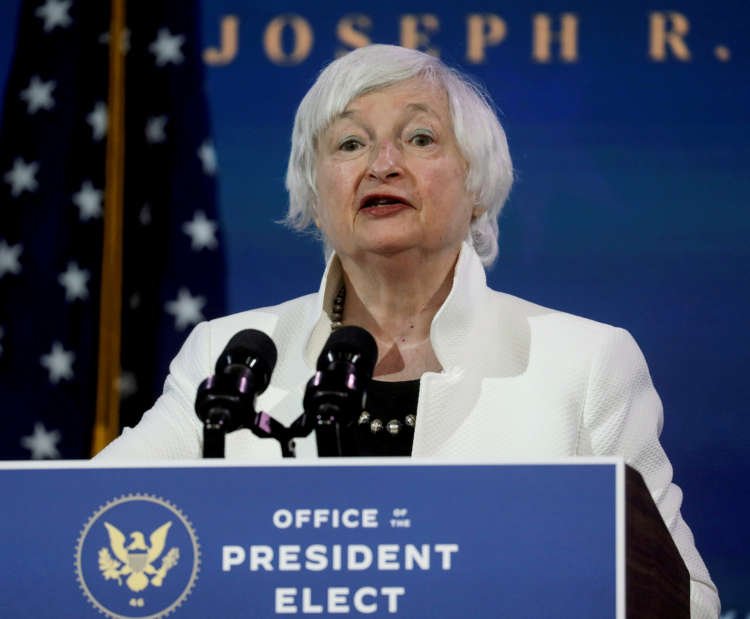Top Stories
EU backs U.S. call for global minimum corporate tax, but rate to be decided
Published by linker 5
Posted on April 6, 2021
1 min readLast updated: January 21, 2026

Published by linker 5
Posted on April 6, 2021
1 min readLast updated: January 21, 2026

Explore more articles in the Top Stories category











